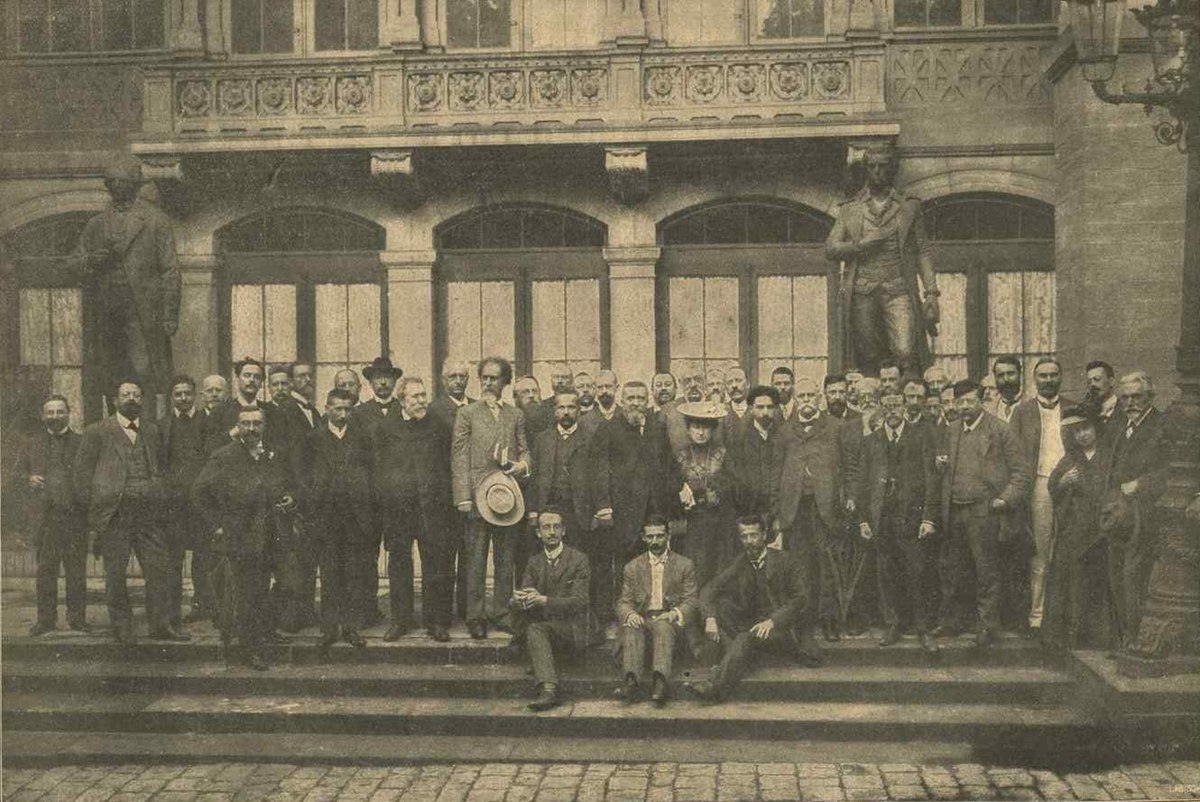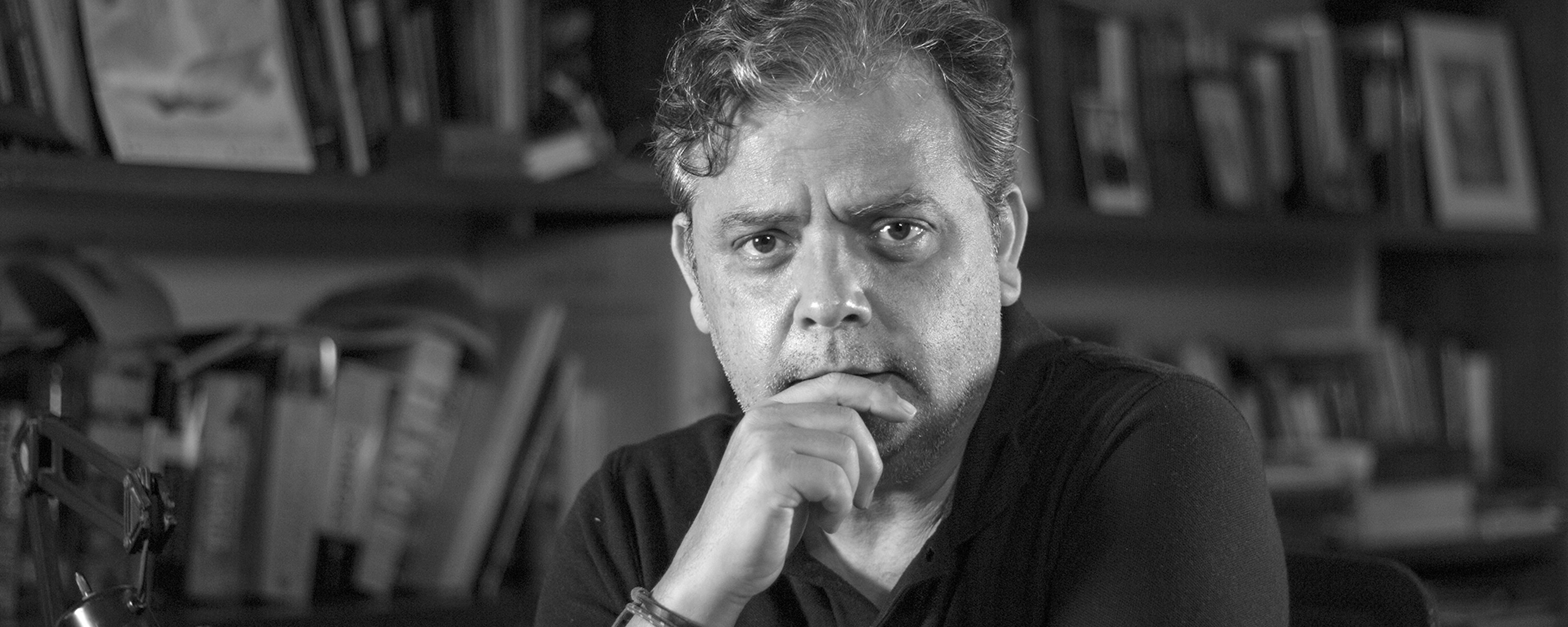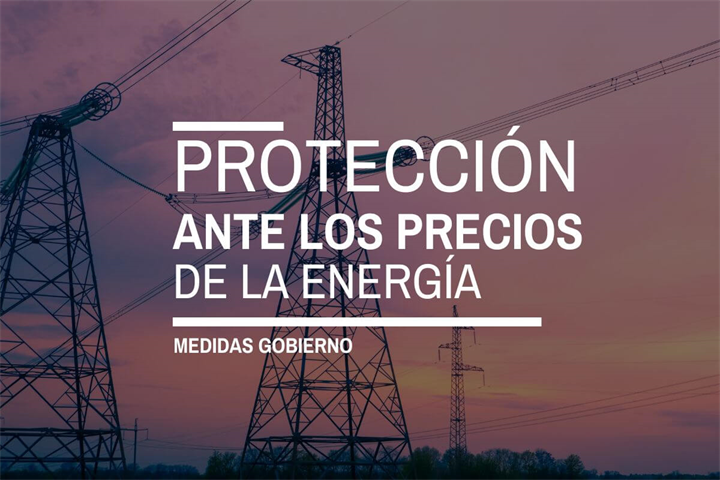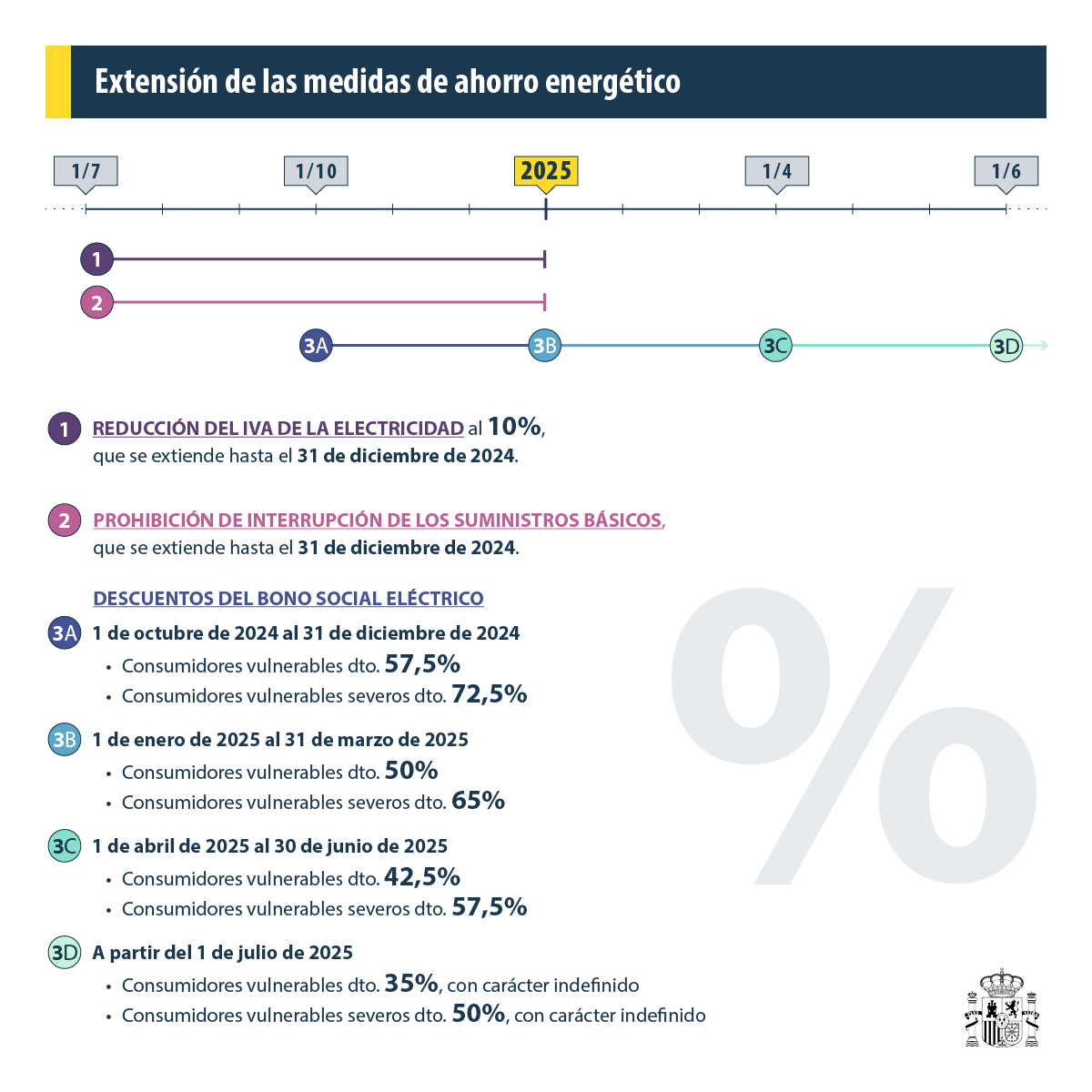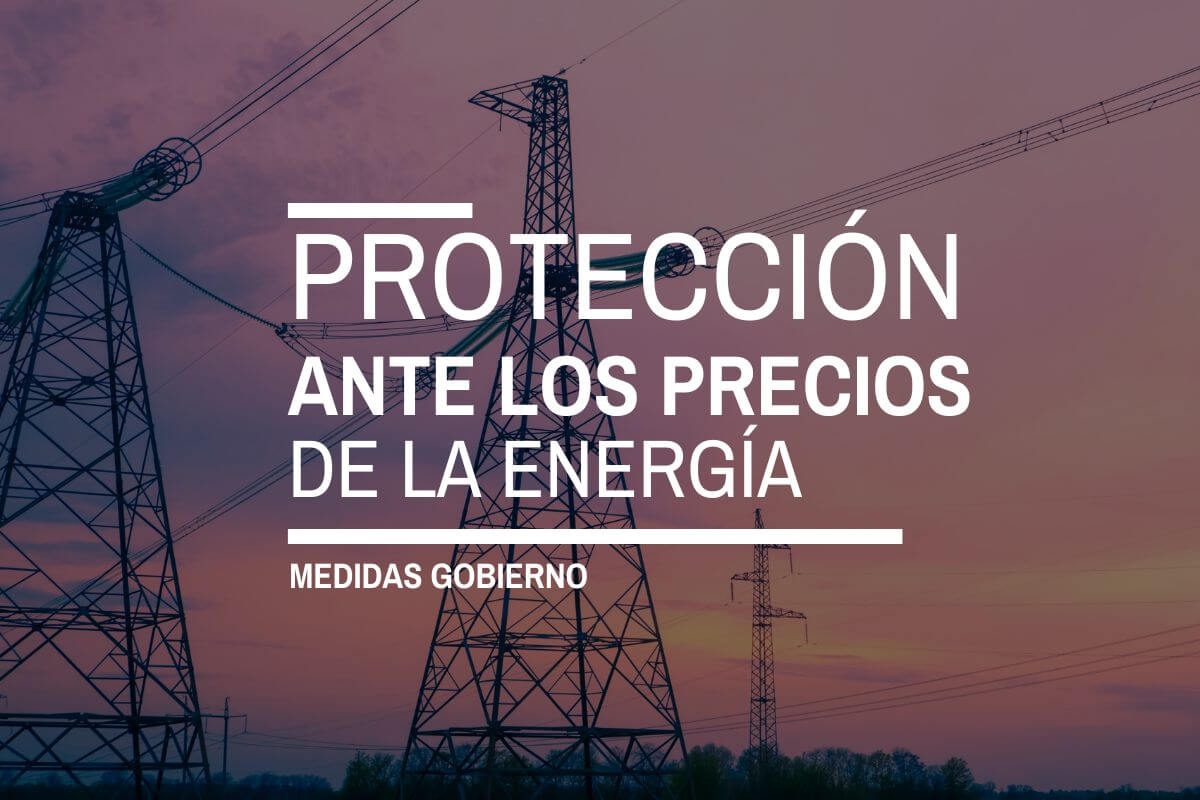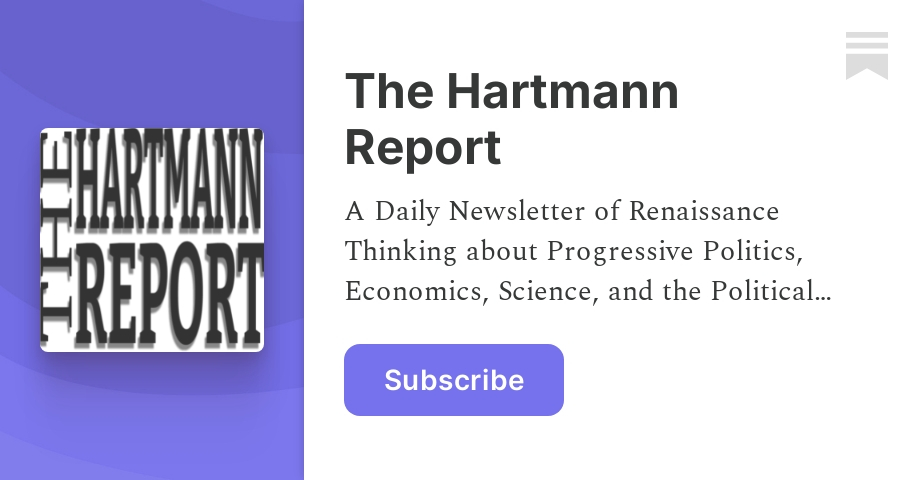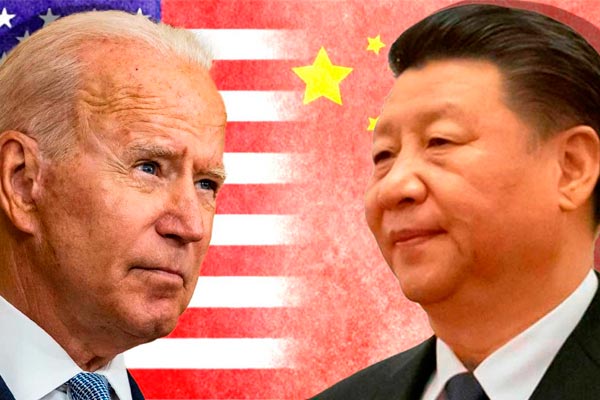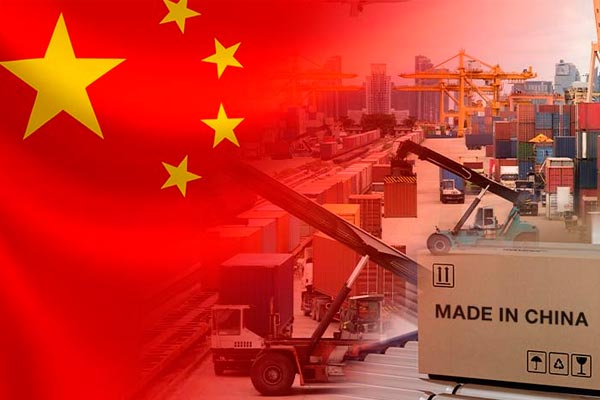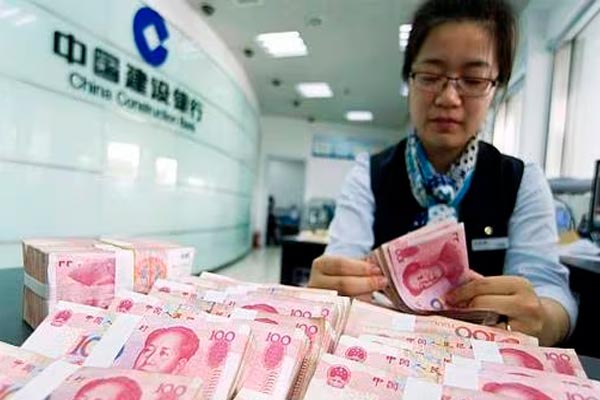Eltitoguay
Well-known member
...from U.S.A. to Spain...:problem being that the state does not get the oil money. or, not enough of it via taxes.
“Taxes are the price we pay for civilization”:
If the tax is repealed: the IBEX wins, you lose
October 31, 2024IBEX 35 - Wikipedia
We are devastated by the horror of the loss of human lives and the material destruction that is being experienced in Valencia by the worst DANA of the century .

It has affected other provinces such as Albacete or Malaga, but nothing compared to the virulence of Valencia . In these situations you realise the importance of public services. You understand why the Military Emergency Unit (UME) is necessary, which the right ridiculed when it was created, and you do not understand the reasons why the president of the Valencian Generalitat, Carlos Mazón (PP), eliminated the Valencian Emergency Unit . You understand the value of public health, of firefighters, of public workers who are trying to save lives and improve the situation in devastated areas.
Now I am going to clarify one thing because it seems that the right has not yet understood it: public services are paid for with taxes. Yes, as you have heard before, “taxes are the price we pay for civilization.” They are necessary to prevent society from becoming a jungle in which only the strongest survive, in this case, the richest. For this reason, it is necessary for the Government to maintain the special tax on banks and energy companies.
It will be difficult because the PSOE seems to have given up. The socialists have reached an agreement with Junts (Catalan independence right) and the PNV (Basque autonomist/independence right) to make the special tax on banks permanent but at the same time repeal the one that taxed electricity companies .

Spanish Socialist Workers' Party - Wikipedia

Together for Catalonia (2020) - Wikipedia

Basque Nationalist Party - Wikipedia
This pact does not have the support of Sumar, which has registered its own amendments in Congress to try to also include energy companies in the parliamentary process.

Sumar (electoral platform) - Wikipedia
It must be made clear that companies such as Repsol, Iberdrola, Endesa, Banco Santander, BBVA or Caixabank have been making high profits since the approval of the special tax without this new tax figure causing a loss to their accounts.
But for several weeks now, the directors of energy companies and banks have begun a campaign of discredit, threats and pressure against the coalition government in an attempt to overturn the tax. If they succeed, Spain would take the opposite path to that proposed by international organisations. The International Monetary Fund (IMF) supports “structural tax reforms” that raise taxes on the richest and eliminate subsidies to companies . On the other hand, the finance ministers and central bank governors who participated in the last G-20 meeting pointed out that a more progressive tax system “is one of the key tools to reduce inequalities [...], reinforce the sustainability of public accounts and promote sustainable, balanced and inclusive growth”.
However, Spain seems to be going in the opposite direction.
The First Vice President and Minister of Finance, María Jesús Montero, has already announced that the special tax was in the air . Both the PNV and Junts have aligned themselves with Repsol's interests to stop the tax imposition.
Furthermore, it should not be forgotten that the European Commission took Spain to the Court of Justice of the EU this October for not having notified the transposition of the directive to impose a minimum rate of 15% on corporate tax for large multinationals. The Government approved this measure in June , after having received a warning from Brussels, and the project is in parliamentary procedure. Be careful, the same thing could happen as with the tax on banks and energy companies and a completely watered-down approach could come out.
The parliamentary weakness of the Government is causing the nationalist right to dictate the fiscal policy of the central Executive. If they manage to overturn the tax, the U wins, but you lose. If the tax is repealed, these multinationals win and public services lose.
Entrepreneurs :

It is not just a question of companies, the richest people are constantly looking for ways to pay less and less tax. SICAVs used to be the preferred investment vehicles for wealthy citizens, but the higher demands to be eligible for the low taxation of a tool for large fortunes that the coalition government implemented led to a reduction to a minimum of this business and the exit of two out of three clients . However, money never sleeps and is constantly looking for outlets. If SICAVs are no longer useful, another figure is created: these are the “free investment companies” (SIL). These are vehicles that allow investment in shares, public debt, real estate or even works of art, but they have the advantage of being taxed at 1% in the Corporate Tax. They require a minimum investment of 100,000 euros (reserved for professional investors) and at least 25 participants. A privilege only for the rich.
Here we explain how Spanish billionaires are abandoning SICAVs and creating 'SILs' to pay 1% in taxes .
The data :
Foreign investors (funds, banks, insurers and retailers) have been buying Spanish public debt since the end of 2022. The interest of foreign capital in our debt overthrows the mantra of legal uncertainty that is constantly exploited by a section of the business community and the neoliberal right.117 billion euros
Spain's economic situation is solid , and is popular abroad, in a context that was unthinkable a decade ago: Spain finances itself more cheaply than France . It is not just debt that is popular; in fact, the Financial Times newspaper highlighted in an article this week that Spain has become the sixth largest destination in the world for foreign direct investment - third in Europe - in sectors such as renewable energy, the automotive industry, real estate and electronic components. Here we explain how foreign investors are devouring Spain's debt .
In this way, while companies do not want to pay the taxes they owe when they have record profits or multimillionaires find ways to pay only 1%, the average Spaniard tries to save so as not to face eviction or ruin again. The household savings rate in Spain increased in the first half of this year to almost 14% of their gross disposable income. It is the highest level since the record of the first part of 2021 and a behavior that surprises economists when the moderation of inflation is consolidated and there is a historic creation of jobs: a new record with 21.8 million workers in the third quarter of 2024. What is the reason for this saving? A trauma, yes, a generational trauma. Raymond Torres, director of economic situation at Funcas: “It is the trauma of the financial crisis, which we know that in other countries such as Japan left a mark on an entire generation. In the aftermath of the financial crisis, both households and businesses are tending to behave in a particularly cautious manner in an uncertain environment.
Here we explain how the trauma of the financial crisis is leading household savings to exceed historic levels .
The graphs :
Saving is necessary to afford to buy a home, an impossible task for Spanish citizens and those across Europe. Housing prices have risen by 58% in the EU since 2014, but they have also risen far above the growth of wages in the vast majority of countries. This is how Europe is drowning in housing prices .
Are you thinking about buying a flat? We give you some tips on how to choose a neighbourhood. Here we present the map of income inequality in Spain . You can explore the new data on average income for each street (by census section in 2022) after the pandemic and the inflation crisis. A map that draws new internal borders, drawing gaps between the countryside and the city, the north and the south and the rich neighbourhoods versus the poorest ones.
To solve the problem of high rental prices, the central government designed the stressed areas where prices should be limited. The autonomous communities of the Popular Party have refused to implement them even though both the landlord and the tenant benefit.

People's Party (Spain) - Wikipedia
Meanwhile, despite the fact that the situation can be desperate for many families, the abuses are repeated. Consumer Affairs is investigating several agencies for abusive and illegal clauses more than a year and a half after the law came into force that prohibits charging fees to tenants. In this case, we have caught an employee of the RedPiso agency red-handed and with a recording in which she was requesting the agency's commission. Here you can see the trick that real estate agencies use to continue charging fees for rent .
Every time he speaks the bread rises :
With these words, José Ignacio Goirigolzarri tried to explain the scandal that has hit the president of BBVA, Francisco González, for hiring Commissioner Villarejo to do work to prevent a takeover bid by Sacyr. It was 2019, when Goirigolzarri was president of a nationalized Bankia after a financial crisis that swept away a good part of the entities in our country and economically suffocated the citizens. This week, the departure of a banking executive who has held the highest positions at BBVA, Bankia and Caixabank has been confirmed: Goirigolzarri will leave the presidency of the Catalan bank as of January 1, 2025. Farewell to a banking legend. Goirigolzarri, a survivor who left Francisco González's BBVA and piloted the rescue of Bankia ."The sector has to do some serious reflection and try to explain to society that we are useful."
José Ignacio Goirigolzarri — President of CaixaBank
Public good :

Information helps to make decisions.
No one doubts the power of news to change public opinion or to twist the arm of politicians when it comes to legislating. Companies know it, the powers that be know it, politicians know it. Since the emergence of the Internet, journalism has had to face digital intermediaries, at most corporate power, in order to have access to citizens. The platforms have changed but the dependence remains the same because we are talking about traffic, which translates into advertising revenue. Spanish media have gone from depending on Facebook to Google Discover. The search engine's algorithm is opaque but above all it generates large flows of traffic towards trick content , worthless information or redundant notes from supermarkets such as Mercadona. Just as it gives, it takes away . Distributors of disinformation. Here is a report by Carlos del Castillo on 'algorithm journalism' and how misleading headlines and supermarket notes succeed.
Rodrigo Ponce de Leon
We like competition :In this section we show you articles from other media that we found interesting:
- Luci Cavallero: “Milei expresses the most radical thing that the world elites are willing to do today .” The Argentine researcher and sociologist, member of Ni Una Menos, talks about the first months of the Argentine president and the neoliberal laboratory that Argentina has become. (El Salto)
- A judge summons the vice president of the Chinese giant ZTE to Madrid for workplace harassment and breach of contract . A manager in charge of the Telefónica account is suing the Chinese company and Hu Kun for non-payment of bonuses and accuses him of “degrading treatment” and “disrespect”. (Cinco Días)
- Half-truths about a giant . Google does not behave like an ethical company. It is better to stop playing its game, even if it requires a little effort. (Economic Alternatives)
- The Supreme Court forces Isdefe to equalize the insurance coverage of 300 employees . With this decision, the Spanish Supreme Court consolidates its position that the principle of equality must prevail in the processes of restructuring and merger of public entities. (El Confidencial)
- The fight for severance pay after dismissal is getting tougher: how to claim a higher severance pay . The Spanish courts have opened the way to the imposition of additional restorative payments in cases of unfair dismissal. (El País)
- CNMC warms up for BBVA-Sabadell takeover bid by knocking down the big outdoor advertising merger . JCDecaux gives up on the acquisition of ClearChannel due to the tough conditions demanded by the Spanish competition regulator. (Expansión)
- Time change and electricity season: are we going to save money? Turning back the clocks has a smaller impact than expected with the increase in consumption that is coming. (La Vanguardia)

Last edited:




















